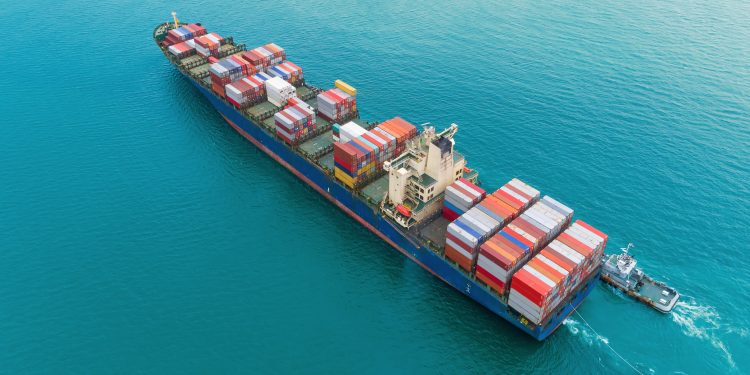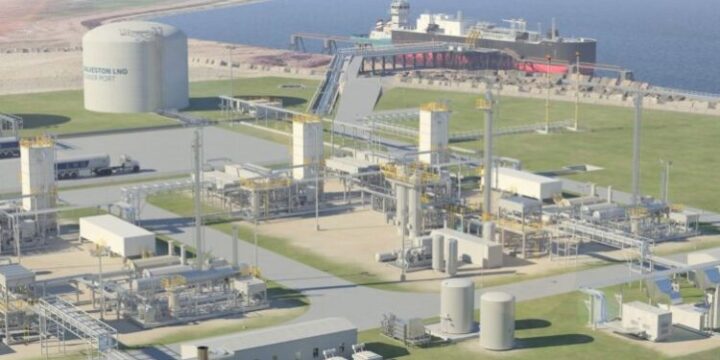July 23, 2025

The latest weekly market report by Intermodal revealed that the industry’s green transition continues to expand, while the Greek fleet embraces cleaner technologies.
According to Nikos Tagoulis, Senior Analyst, Intermodal, as of July 2025 the fleet capable of using alternative fuels continues to expand, with 2,455 vessels of ca. 132.7m dwt, representing 5.4% of the total fleet in terms of dwt capacity compared to 4.5% in 2024 and 3.7% in 2023. LNG continues to lead among alternative fuels, with 80% of alternative fuel vessels being LNG capable or ready, comprising 1,421 vessels of ca. 107.4m dwt. Other options include methanol, ammonia, and battery electric systems.
The orderbook reflects a growing focus on alternative fuels, with 41% capable of alternative fuels, up from 36.7% y-o-y. Among the 1,924 alternative fuel vessels on order of ca. 161m dwt aggregate capacity, 1,007 vessels of 105.9m dwt are LNG capable, representing approximately 66% of the alternative fuel orders. Across vessel types, 20% of bulk carrier orders are for vessels using alternative fuels.
Credit: Intermodal
According to Intermodal, this figure increases to 35% for tankers and 73% for containerships. All LNG carrier new orders are LNG-capable. Alongside the growing interest in alternative fuels, scrubbers continue to be a competitive option, particularly for vessels seeking to manage fuel costs under current sulfur regulations by allowing the use of more affordable high-sulfur fuel.
Currently, 6,532 vessels of 763.7m dwt are scrubber-fitted, representing ca.31% of the total fleet, an increase from 29% y-o-y, marking a significant increase from 2019, when less than 1% of vessels were scrubber fitted, a result of the IMO 2020 regulation, which capped the sulfur content of marine fuels.
The Greek fleet
Within this transitional period, the Greek shipowners are actively engaging to the shift to greener technologies. As of July 2025, 324 Greek-owned vessels totaling 33.8m dwt are capable of burning alternative fuels, representing 8% of the total Greek owned fleet by tonnage. Nearly 80% of this tonnage is LNG capable or ready, with other options including methanol, LPG and ammonia.
Moreover, 36% of the Greek-owned fleet is scrubber fitted. In the Greek orderbook, comprising 642 vessels of ca. 58.2m dwt, more than half of the tonnage is designed to operate on alternative fuels, with about 70% of these alternative fuel vessels being LNG-capable or ready, while scrubber-fitted units account for 56% of the total Greek orderbook.
Another popular choice of alternative fuels is methanol, counting 12% of the alternative fuel orderbook, in terms of tonnage. Although shipping contributes about 2% of global emissions, its large scale of business, long lifespan of vessels and reliance on fossil fuels make it a key focus of global climate agenda.
The transition to greener practices continues amid regulatory pressure, with stakeholders, including Greek shipowners, investing in cleaner technologies and alternative fuels to meet environmental regulations and achieve long-term sustainability.
